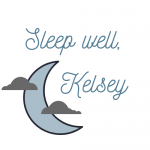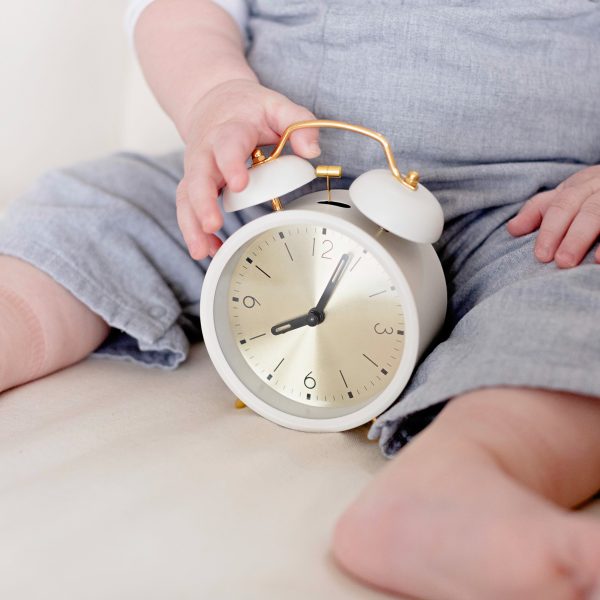
Lately, in the afternoons I feel like I hit a brick wall. I slept well the night before, but I just feel drained. It’s true that in periods of psychological stress, such as what we are experiencing with COVID-19, both our physical and mental fatigue is heightened. Before this pandemic tiredness was already one of the most frequent complaints in primary care, now I’m sure it has increased substantially.
Now being tired is not the same as being fatigued or exhausted, and the difference matters. Most people use the terms interchangeably but let’s discuss some of the differences.
- Tiredness: you often still have a fair bit of energy, but are apt to feel forgetful and impatient. You also are more likely to be able to take a nap or fall asleep if you lay your head down during the day.
- Fatigue: you may experience difficulty concentrating, anxiety, a gradual decrease in stamina, difficulty sleeping (due to insomnia related symptoms), and increased sensitivity to light.
Tiredness can increase during a pandemic because you may be getting less sleep than normal. Fatigue can be increased as well due to psychological stress and an increase in anxiety or depression. It is always important to discuss any symptoms you have with your primary care provider because a physical cause has been estimated to be responsible 20% to 60% of the time (can include anemia, Lyme disease, low thyroid, other chronic medical issues, or medication side effects). In addition emotional or mental causes comprise the other 40% to 80% of cases of fatigue therefore reaching out to licensed care providers is key.
Now tiredness and fatigue can present at any age, but one age that it can really become evident is in our teenage population-especially right now! Most teenagers need 8 1/2- 9 1/2 hours of sleep per night. It’s important that while they no longer need to wake early for the bus that they still have a schedule. It’s ok if they go to bed at 12 midnight (their body clock prefers this) as long as they wake by around 9 am and are not taking naps. We still need our drive to sleep at night and otherwise, insomnia and other sleep issues may develop.
If your teen is not excessively sleepy (feels rested after about 9 hours of sleep), but is feeling some symptoms of fatigue then talk to their PCP about medical and psychological causes and get help. Emotions in teens are already strong and now they are missing prom, graduation, and completely altering how they learn. Let’s support them through this challenging time and make sure they are resting too.

References:
Centers for Disease Control and Prevention. Chronic Fatigue Syndrome (CFS). available at: http://www.cdc.gov/cfs/general/diagnosis/index.html
Davis, MP, Walsh, D. Mechanisms of fatigue. J. Support. Oncol., 8:164-174, 2010.
Stadje, R., Dornieden, K., Baum, E. et al. The differential diagnosis of tiredness: a systematic review. BMC Fam Pract 17, 147 (2016). https://doi.org/10.1186/s12875-016-0545-5
Olson, K. A new way of thinking about fatigue: a conceptualization. Oncol Nurs Forum. 2007 Jan; 34(1): 93–99. doi: 10.1188/07.ONF.93-99


